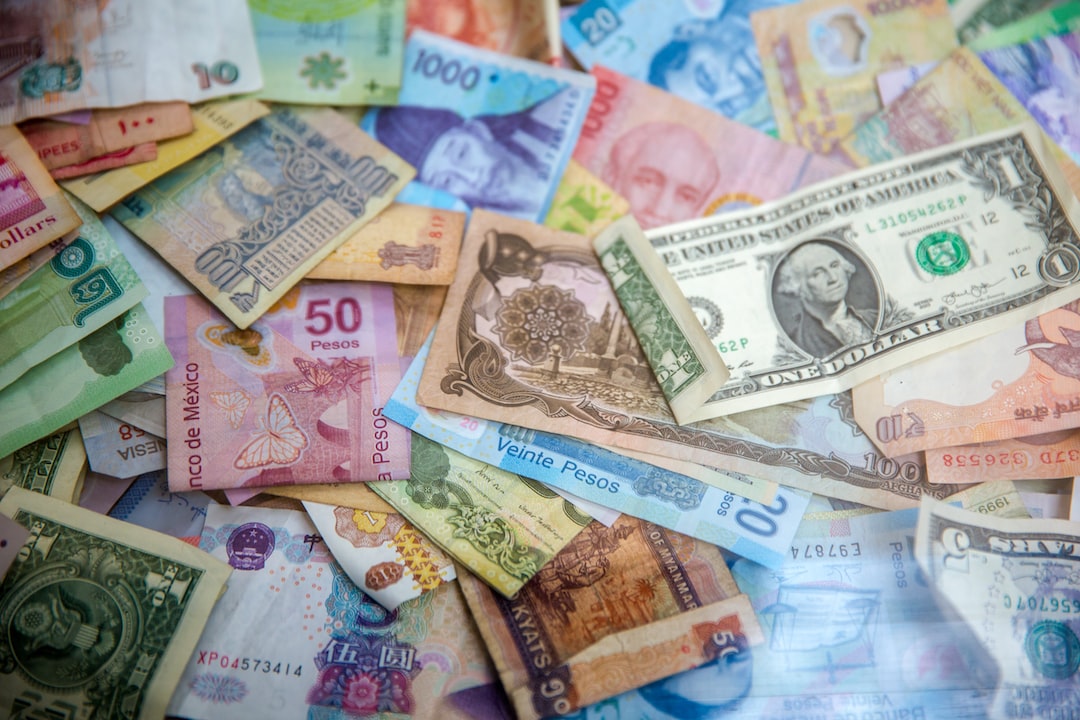The foreign exchange market (forex) is the biggest financial market in the world, with a daily volume of over $6 trillion. Forex trading involves the buying and selling of currencies, and the movement of money in this market is continuous and complex. In this article, we will explain how money moves in forex daily.
Currencies are bought and sold in forex through currency pairs. For example, if you want to buy the Euro, you will have to sell the US dollar. The exchange rate between these two currencies is determined by the market and fluctuates constantly. The exchange rate is affected by a variety of factors, including economic data, political events, and market sentiment.
The forex market is open 24 hours a day, five days a week. This means that money is moving in the market continuously, as traders from around the world buy and sell currencies. The forex market is decentralized, meaning that there is no central exchange or clearinghouse. Instead, trading is done through a network of banks, brokers, and other participants.
The movement of money in forex daily can be broken down into three main categories: speculative trading, international trade, and investment flows.
Speculative trading is the most significant factor in the movement of money in forex daily. This involves traders buying and selling currencies in order to profit from fluctuations in exchange rates. Speculative trading can be done by individuals, hedge funds, banks, and other financial institutions. These traders use a variety of strategies to predict the direction of exchange rates, including technical analysis, fundamental analysis, and sentiment analysis.
International trade is another significant factor in the movement of money in forex daily. When companies import or export goods and services, they have to exchange currencies in order to make payment. For example, if a US company imports goods from Japan, they will have to buy Japanese yen in order to make payment. This creates demand for the Japanese yen and affects its exchange rate with the US dollar.
Investment flows are also important in the movement of money in forex daily. When investors buy and sell stocks, bonds, or other assets in foreign countries, they have to exchange currencies in order to make their investments. For example, if a US investor buys stocks in a Japanese company, they will have to buy Japanese yen in order to make the investment. This creates demand for the Japanese yen and affects its exchange rate with the US dollar.
In addition to these factors, central banks and governments also play a role in the movement of money in forex daily. Central banks can intervene in the forex market by buying or selling currencies in order to stabilize exchange rates or achieve other monetary policy goals. Governments can also affect exchange rates through their economic policies, such as interest rate changes or trade agreements.
The movement of money in forex daily can have significant impacts on the global economy. Exchange rate fluctuations can affect the prices of imported and exported goods, which can in turn affect inflation rates and economic growth. Exchange rate movements can also affect the profitability of companies that do business in foreign countries.
In conclusion, the movement of money in forex daily is complex and continuous. Speculative trading, international trade, and investment flows are the main factors that drive the movement of money in the forex market. Central banks and governments also play a role in the movement of money through their monetary and economic policies. Understanding how money moves in forex daily is essential for anyone who wants to participate in this market or understand its impact on the global economy.





